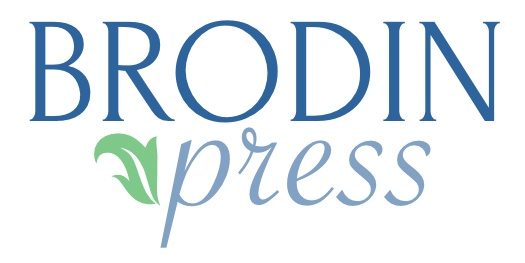
Even though we say we don’t believe it, many Christians still have this underlying feeling that going into full time “sacred” work is more godly than full time “secular” work.
Or even that founding a non-profit is more humane or honorable than founding a for-profit business.
It’s hard to get away from. Our Western Christian culture is steeped with it.
That’s why it’s been so encouraging for me to hear and read books, articles and speakers debunking the sacred/secular divide.
I’ve written already about my experience at the ICCC (International Christian Chamber of Commerce) Americas Congress in June. Attending that Congress helped me to further squash that sacred or secular myth in my own mind.
“The 9 to 5 Window”
About a year ago a friend recommended that I sign up for the Today God is First e-devotional. It’s sent out by Os Hillman’s organization, Marketplace Leaders. As a result of doing that, I discovered Os’s book The 9 to 5 Window.
Here are some gems from that book:
- “If we are going to experience the reality of intimacy with God, we must do it in our daily work lives.”
- A paid intercessor as one of your employees? Interesting! (Ch. 9)
- “In our workplace, we can rely upon our own abilities and manipulate, sweat and toil our way to profit, or we can trust in God and perform our hard work in obedience to our calling.”
- “These are the kind of men and women that God is raising up today in the workplace. They are not high-profile personalities, but faceless, nameless and humble individuals who seek to follow Jesus completely.”
- A whole chapter of true stories of miracles in the workplace (Ch. 12)
- “For a city to be transformed, the marketplace must be transformed.”
(Excerpts From: Os Hillman, “The 9 to 5 Window” iBooks or print available)
“7 Reasons Why the Marketplace is a Great Place for Christians”
Just a couple weeks ago I ran across this article by Darren Shearer on his website, Theology of Business.
It’s one of the best things I’ve read on this subject.
You’ll want to go the the original article to read it all, but two of his points especially stood out to me:
#4 – The marketplace is a more authentic showroom of Christianity. How true this is! How authentic are we for a couple of hours on Sunday morning? Or in an evening home group setting? We almost have to try to be authentic, because the natural tendency is for us to put on our smiley face and behave ourselves as best we can.
At our jobs, though, it’s harder to maintain any veneers for 40 hours a week, day in and day out.
Darren compares Sunday church to a car dealer’s showroom, while our jobs are more like the test drive. “The marketplace is where our unbelieving co-workers get to see if they really want what we have. Daily, they see how we react under pressure. They see how we treat people. They see how much God truly matters to us in our daily lives.”
#7 – Everything gets funded from the marketplace. Why do all our churches, para-church groups and other non-profits have to solicit us for funding? They’re not generating it — the for-profit businesses are.
God needs His people not just earning, but creating wealth to fund His Kingdom purposes.
Wouldn’t it be great if the average Christian was prospering so much in his or her marketplace work that 10% would be nothing? That we could be giving 20, 30, 50% to see God’s Kingdom come and His will be done on earth?
Believe it or not, there are some who are doing that. As Mark Batterson writes in his book The Circle Maker (which I also recommend), “…the day may come when you’re giving more than you’re currently making. If you believe that, that promise might be worth circling!”
This isn’t to say lots of Christians shouldn’t go into full time work for churches, ministries, the YWAMs and IHOPs. The point is to know where God’s called you, know what He’s called you to do — and do it!

